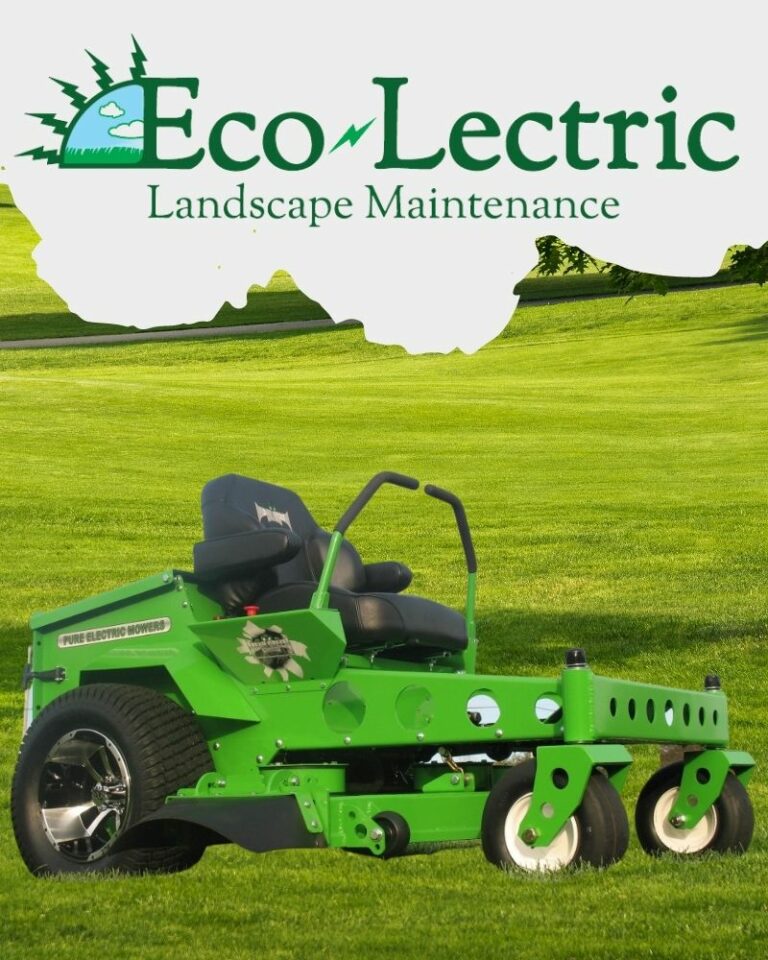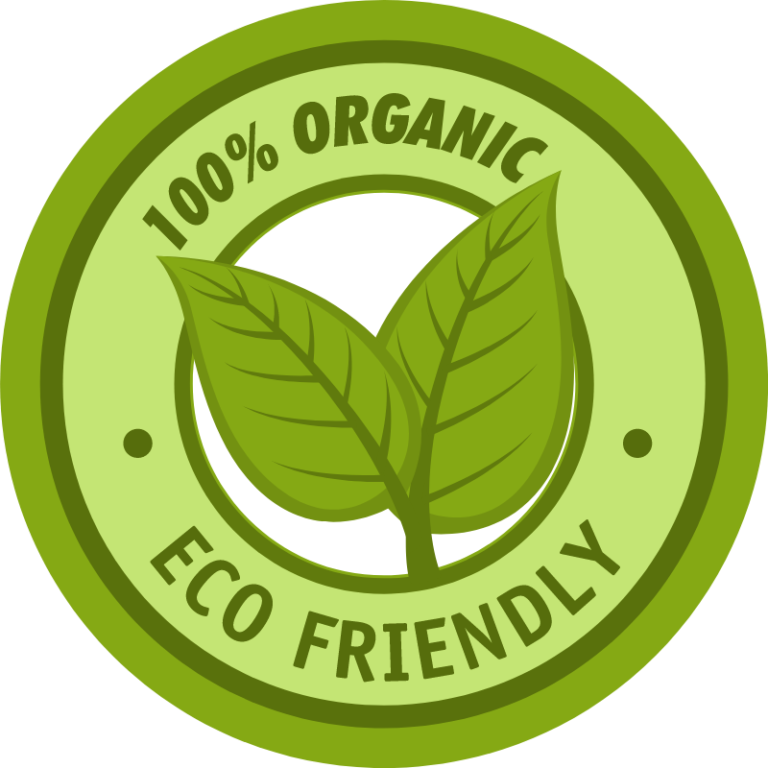I know what you’re thinking… Fertilizer is essentially just poop that feeds our plants and our lawns. What’s the big deal whether it is synthetic or organic? Well, we discovered that it really does matter whether you use synthetic or organic fertilizer!
First, let’s explain the basic difference between the two types of fertilizers. Both organic and inorganic fertilizers provide plants with the nutrients needed to grow healthy and strong. However, each contains different ingredients and supplies these nutrients in different ways. Organic fertilizers work over time to create a healthy growing environment, while inorganic fertilizers provide rapid nutrition.
At the most basic level, organic fertilizer simply means a fertilizer is derived from organic matter (plants or animals), such as compost, bone meal, kelp, or manure. Inorganic fertilizers, such as ammonium sulfate or ammonium phosphate, are often called commercial or synthetic fertilizers, because they go through some manufacturing process. Chemical fertilizers are often processed from things like petroleum, or some of the gasses that are found in places where petroleum exists.
Most lawn care companies not only use harmful chemical fertilizers, but they also over apply these fertilizers, which can cause big issues for your health and our water systems. Why are chemical fertilizers bad?? Because… Chemical fertilizers cause many negative effects including cancer, birth defects, dead zones, danger to your children and pets, and many others.
Long-term use of chemical fertilizer can change the soil pH, upset beneficial microbial ecosystems, increase pests, and even contribute to the release of greenhouse gases! Chemical fertilizers tend to leach, or drain away from the plant, which requires additional applications (which means you’re paying more money for these additional applications!).
Oh, and have you ever heard of a dead (hypoxic) zone? The Gulf of Mexico currently hosts the largest dead zone. Less oxygen dissolved in the water is often referred to as a “dead zone” because most marine life either dies, or, if they are mobile such as fish, leave the area. Habitats that would normally be teeming with life become, essentially, biological deserts. Did you know that over fertilization is a primary cause of dead zones? Watch this great video for more information.
Currently, many counties (including Sarasota and Manatee counties) in the state of Florida are banning the use of fertilizers containing nitrogen and phosphorus during the winter months of June 1 – September 30 to help prevent algal blooms, fish kills and water quality in our lakes, streams, rivers and bays. More information about this ordinance can be found here.
Repeated applications of chemical fertilizers may result in a toxic buildup of heavy metals such as arsenic, cadmium, and uranium in the soil. These heavy metals can eventually make their way into your fruits and vegetables and overexposure can result in cancer, diabetes, arthritis, heart and kidney diseases, mental illnesses, ADHD in children, birth defects, and aging. They can also affect your children if they spend a lot of time rolling around and playing in the yard. Dogs and other pets are also at risk of exposure. Symptoms of exposure include an upset stomach, difficulty breathing, skin rashes, burning in their eyes or a change in their overall level of alertness. Serious side effects include bowel obstruction or severe and painful inflammation of the pancreas. If you’re concerned about your children and pets, please choose a safe organic fertilizer.
Chemical fertilizers do not promote soil life or soil health, and do not include the decaying matter necessary to improve soil structure. In fact, chemical fertilizers don’t replace many trace elements that are gradually depleted by repeated crop plantings, resulting in long-term damage to the soil. Chemical fertilizers contain nutrients that are readily available, but this creates the danger of over fertilization. This can kill the plants and upset the entire ecosystem. Chemical fertilizers are primarily made from nonrenewable sources, including fossil fuels.
Now what about Organic fertilizers? Organic matter improves soil structure, moisture retention, drainage, and the microbial life of the soil. An adequate amount of organic matter in the soil can help ensure that nutrients are available to plants on a steady basis and that the soil structure enhances root growth. Organic fertilizers dole out the nutrients more slowly than chemical fertilizers, so plant roots are less likely to be burned by too high of a dosage. Organic fertilizers are renewable, biodegradable, sustainable, and environmentally friendly. Oh, and did I mention that many types will not harm your children or pets??
Eco-Lectric Landscape Maintenance offers Nature Safe organic fertilizer. It is safe for children and pets and it is OMRI certified. The Organic Materials Review Institute (OMRI) supports organic integrity by providing organic certifiers, growers, manufacturers, and suppliers an independent review of products intended for use in certified organic production, handling, and processing.
Please give us a call at 941-755-5703 or email us at info@eco-lectric.com for a free quote and start building a healthier lawn!




